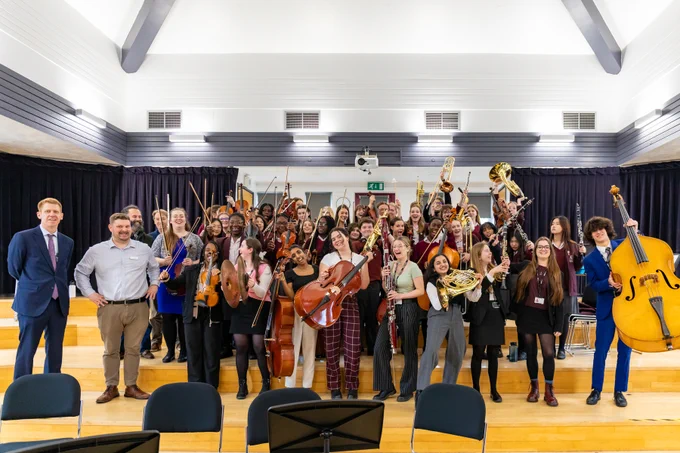Invicta Vlogs
STEM – No better time than now to explore this incredible career!
I do not know about you, but the Le Sbirel family spent much of half term watching images from Mars. I am not an avid follower of space travel but it seems like no-one has sent a rocket to Mars for ages and then 3 go in a week. Strange times!
We watched UAE’s Hope probe successfully enter Mars’ orbit on 9 February, a day before China’s Tianwen-1 probe. On 18 February, NASA’s Perseverance rover made its final descent to the Red Planet and we have been glued to the screen watching the footage ever since.

What is particularly interesting about the UAE mission is that many of the lead scientists are women. The probe has taken 6 years to build, and the scientist in charge is Sarah Al-Amiri. 80% of the team are women. UAE has invested heavily in STEM, encouraging people from the region from all different backgrounds and from different ethnic groups to train in astronomy and planetary science. Hope is regarded as a huge success – UAE is a small gulf nation and only the fifth to send a probe to orbit Mars.
From a Computer Science perspective, I can only marvel at the amount of code required for a probe to enter (E) a planet’s orbit, descend (D) and land (L) on the surface. NASA call this EDL and have launched a project to allow students to have a go using Python. Here is the link if you are interested: https://www.jpl.nasa.gov/edu/learn/project/code-a-mars-landing/

I am sure there are many people out there wondering why we are spending so much money on sending probes to Mars in the middle of a global pandemic when we have little money to spare. While, of course, it will be interesting to see what they bring back from Mars, these projects often lead to other developments in the world of technology.
It is 50 years since the Apollo moon landings but many of the technologies invented by NASA are still in use today, for example, the Dustbuster, thermal blankets, fireproof material, vacuum packed food, shock-absorbing trainer soles, cameras small enough to be embedded in smart phones, GoPro, dashboard cameras, Ping front door bells and the like, wireless devices, LED lights, CAT scans, artificial limbs, laptop, Teflon, solar panels and heart monitors. Who knows what the technological advancements from the current MARS missions will bring and how they will affect us all for years to come? We will have to wait and see but I am sure it will be amazing.
Invicta students, I hope this will inspire you to find out more about opportunities and careers in STEM. There has never been a better time to start coding – who knows where it will take you!
Mrs Le Sbirel
Assistant Headteacher – Year 10 and 11



























